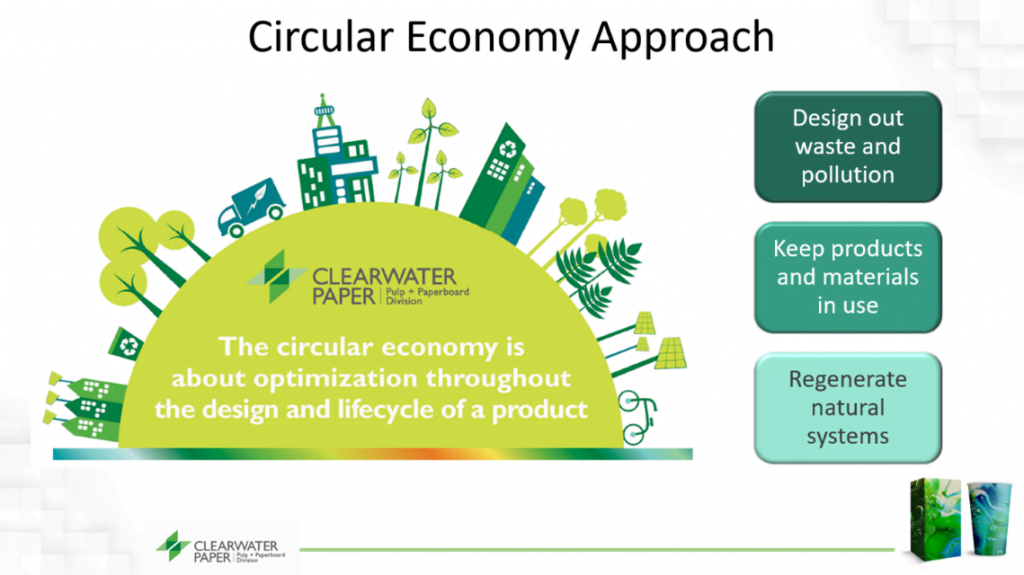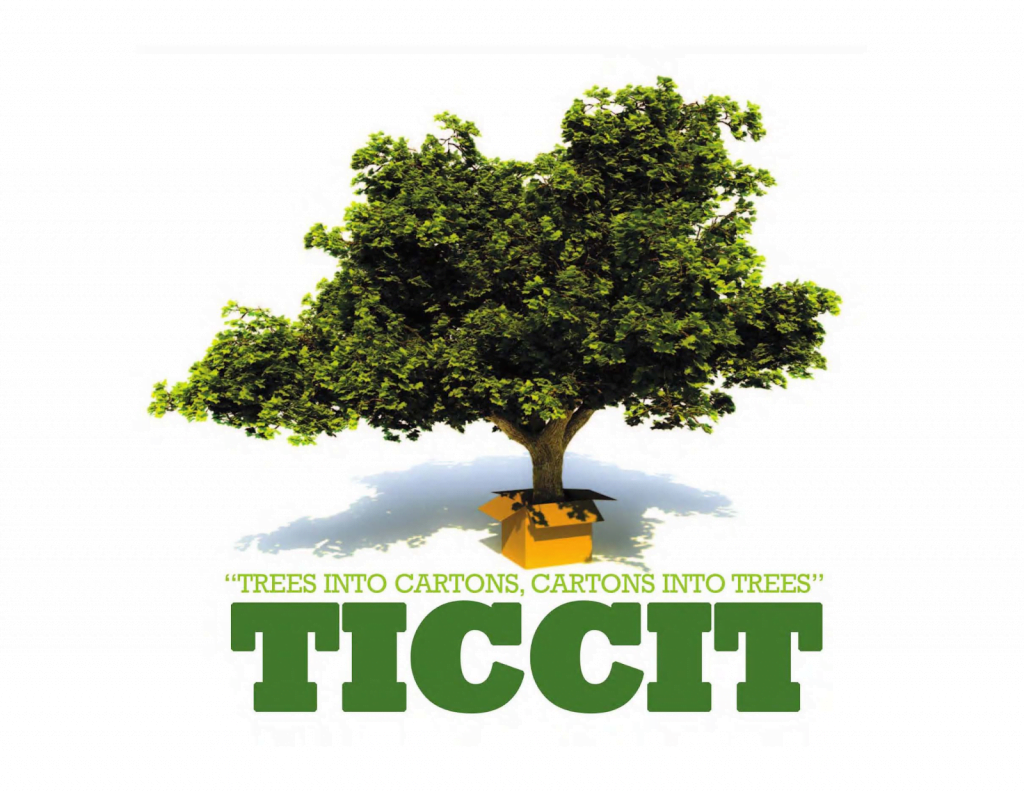Environmentally Responsible Materials Sourcing
Environmental responsibility is an integral part of the Sonderen company culture and philosophy. Paperboard packaging provides distinct sustainability advantages over other forms of packaging, and it fits with our corporate desire to preserve and recycle. We have a universal respect for our planet and its resources. Sonderen demonstrates these practices through two principal focus areas, 'environmentally responsible materials sourcing' and 'companywide waste-reduction practices'.
"With knowledge comes responsibility."
— Unknown
Company-Wide Waste Reduction Practices
Sonderen believes that where we receive materials from, and who we purchase them through, should align with our company values. We choose to affiliate with organizations that demonstrate a commitment to the environment. These partners are committed to protecting our limited resources and the communities in which we live. Also, as a member of the Paperboard Packaging Council (PPC), we are committed to adopting the highest standards of sustainable operations and products.
To quote the Paperboard Packaging Council: “Using renewable resources -Many of the things which we extract from the earth are not replaceable. We can’t “grow” gold to replace what we’ve mined any more than we can extract new oil once we’ve exhausted a well. Fortunately, the very opposite is true of the wood fiber from which paperboard packaging is made. Virtually all virgin paperboard consumed in the United States today comes from “tree farms” where trees are planted, harvested and replanted specifically for this end use.”
Paperboard
Sonderen manufactures folding cartons out of many types of paperboard including 100% recycled paperboard. This paperboard is produced using a range of 35% to 80% post-consumer content and is certified through the 100% Recycled Paperboard Alliance. (Visit www.rpa100.com for more information)
One of our primary suppliers, Clearwater Paper now offers a grade of paperboard called ReMagine that contains 10%-30% reclaimed fiber. ReMagine supports a circular economy approach. Learn more about a circular economy. Interested in learning about our local scrap recycling partner? Click HERE.
Additional resources about the sustainability of paperboard and the paperboard industry:

Manufacturing Supplies
We use soy-based printing inks and water-based coatings in our press-room as well as alcohol-free fountain solutions. We also recycle all of our aluminum printing plates and use water-based adhesives to glue our cartons as well as long-lasting plastic pallets for internal processes to reduce the need to purchase wooden pallets.
Waste Reduction Practices
Continuous Improvement/Lean Practices
The principal goal of continuous improvement (CI)or lean practices is to reduce waste. A company that makes a commitment to CI will reduce their raw material usage, improve machinery & equipment efficiencies and limit material waste in the manufacturing process all while improving productivity and throughput.
Sonderen has hired a full time CI facilitator whose job is to involve and utilize the expertise of Sonderen employees to make incremental and sustainable improvements to reduce waste in our operation.
Energy Usage
Sonderen has replaced metal halide light fixtures with more energy efficient lighting and has installed over 2,000 LED lights throughout the plant to save on energy usage in addition to motion sensors in our warehouse so lights go off when no one is using them.
Hazardous Materials
We are constantly reevaluating our pollution prevention opportunities to try to reduce our hazardous materials usage and production of dangerous waste. Each year we issue a pollution prevention plan to the city of Spokane. We neutralize all chemicals before disposing of them and closely monitor our hazardous material usage to make sure any changes we make do not shift the risk to the environment from one process, product, or environmental medium to another. Spent solvent is the only dangerous waste at Sonderen Packaging and is generated from cleaning ink off the printing presses. Our automated equipment allows less solvent to be exposed to the atmosphere. Installation of a solvent distillation unit has allowed us to recycle 90% of our solvent and has reduced our waste hauling by 95%.
Recycling
Paperboard fiber can be recycled, biodegraded, composted, or incinerated to produce energy. The paperboard package is now one of the most widely accessible packaging mediums that can be recycled. The Paperboard Packaging Council has made a royalty-free logo available to be used to indicate the sustainability and recyclability of paperboard packaging. (Ask your salesperson for details on this logo as well as other available options or environmental claims to print on your product packaging)
Internally, we recycle our paperboard and corrugated waste, metals, cans, plastics and office paper.
TICCIT
As part of the National Paperboard Packaging Week, PPC members’ partner with schools from local communities throughout the U.S. and Canada as part of the TICCIT (Trees Into Cartons, Cartons Into Trees) (pronounced “Ticket”) program.
TICCIT is an outreach and education program highlighting the natural renewability and sustainability of paperboard packaging. At the center of TICCIT is a mainstay of the typical school day: the milk carton. As part of TICCIT, milk cartons are collected out of the schools waste stream and re-used for planting new trees. Seeds and saplings are planted in the cartons, and then the new “carton-and-tree units” are planted in the ground. The cartons provide protection and a natural “water funnel” for the new trees. As the trees grow, the cartons breakdown; completing the trees into cartons, cartons into trees cycle.
Matt and Keva Sonderen have personally devoted their time to this community outreach and awareness project. They enjoy visiting Assumption Catholic School (their alma mater) and other area schools to teach the 5th and 6th grade classes about the sustainability of paperboard. The highlight of the day is planting the tree samplings into the milk cartons and spending time with the kids.
If you are interested in having Sonderen Packaging teach the TICCIT program in your local Spokane school please contact us!

